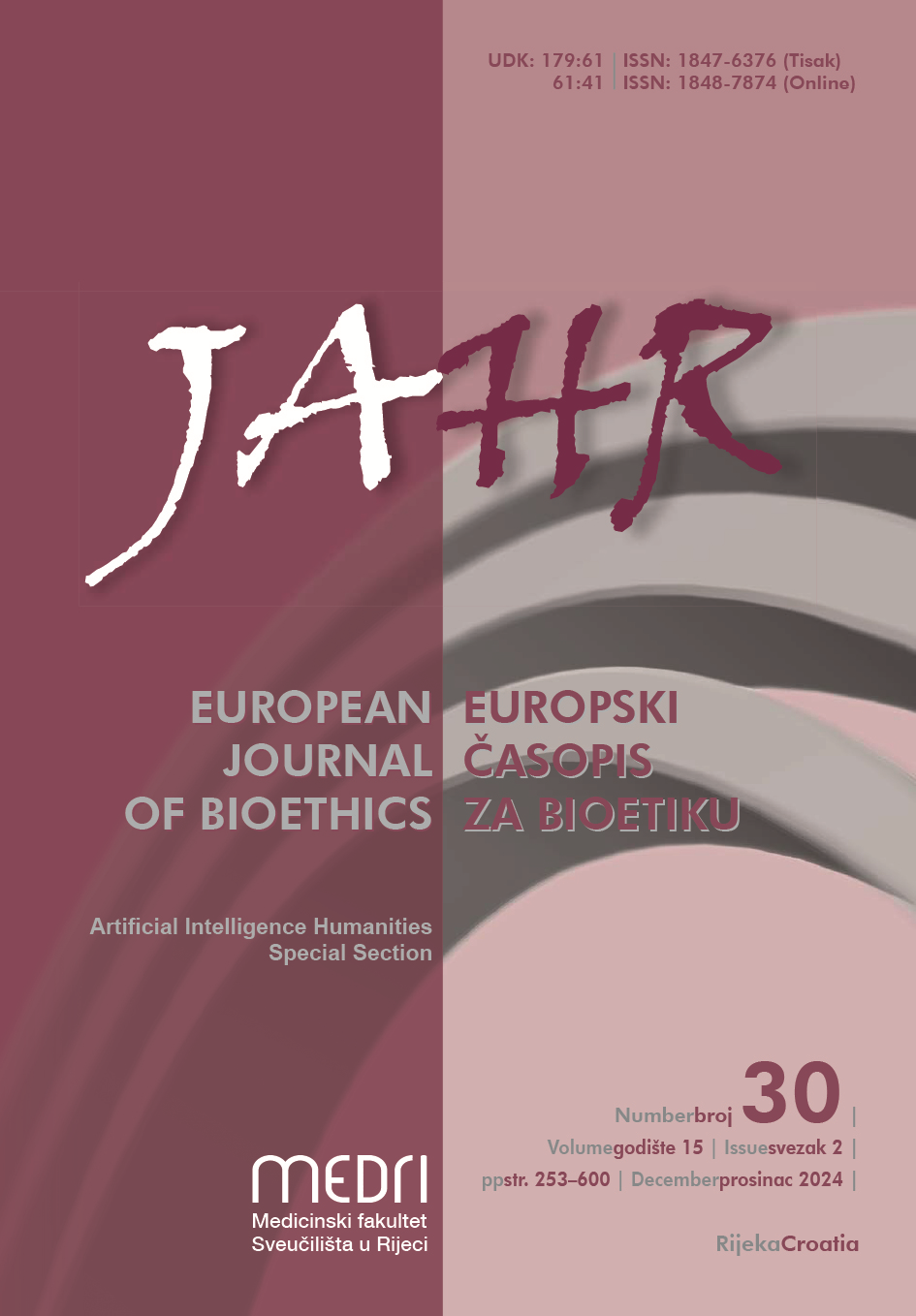Kant and His Significance for Current Bioethical Issues
Keywords:
Kant, philosophy of organism, environmental ethics, human dignity, resurrection of Neanderthals, cybrids, hybrids, brain chimaeras, human-animal beingsAbstract
https://doi.org/10.21860/j.15.2.10
In this contribution, I discuss some of Kant’s impulses for modern bioethics based on his ethical standards, showing how they align with contemporary issues and how they help develop answers to new types of questions. First, I analyse the living environment and present Kant as a thinker about self-organising beings, attempting to show some perspectives for current debates on animal and environmental ethics. I then focus on the question of a human being as a dignified being. In this context, I discuss the question of whether a Neanderthal would count as a dignified being if it were possible to breed him in a research laboratory. Finally, by introducing cybrids and brain chimaeras, I discuss the project of creating human-animal mixtures.
Downloads
Published
Issue
Section
License
Authors who publish with this journal agree to the following terms:
- Authors retain copyright and grant the journal right of first publication with the work simultaneously licensed under a Creative Commons Attribution License that allows others to share the work with an acknowledgement of the work's authorship and initial publication in this journal.
- Authors are able to enter into separate, additional contractual arrangements for the non-exclusive distribution of the journal's published version of the work (e.g., post it to an institutional repository or publish it in a book), with an acknowledgement of its initial publication in this journal.
- Authors are permitted and encouraged to post their work online (e.g., in institutional repositories or on their website) prior to and during the submission process, as it can lead to productive exchanges, as well as earlier and greater citation of published work (See The Effect of Open Access).



